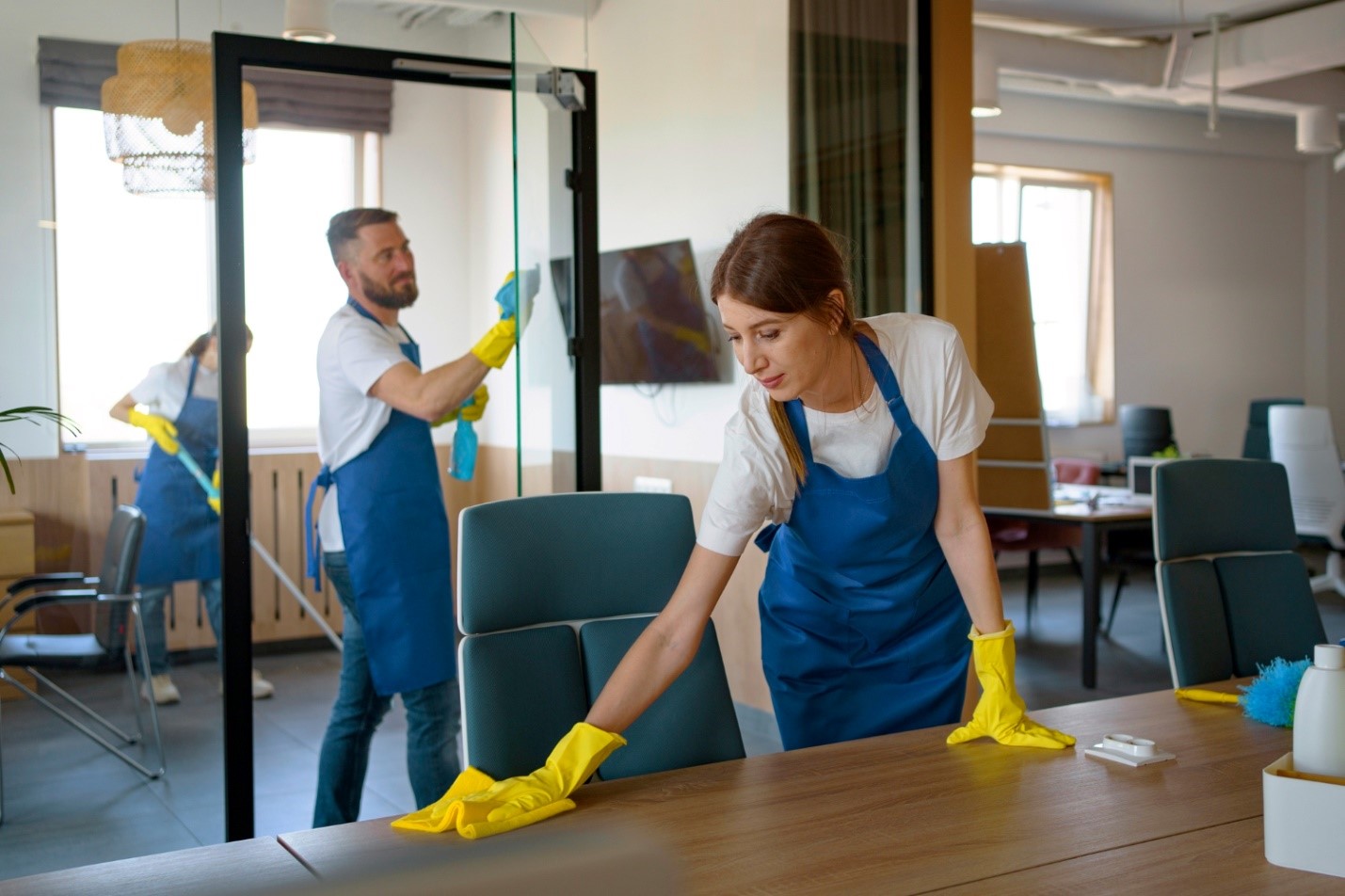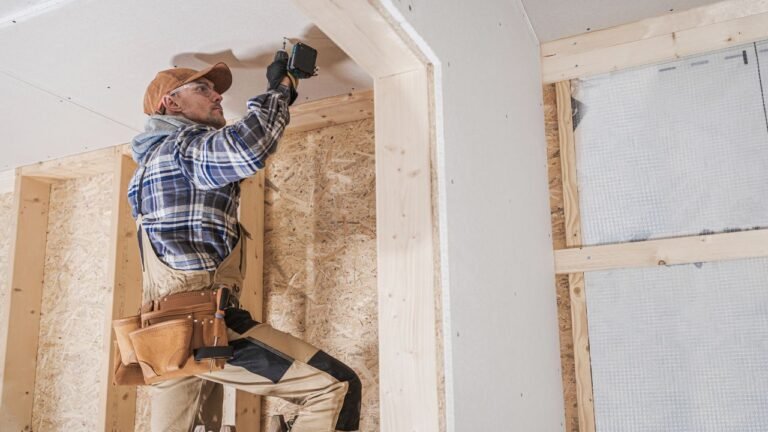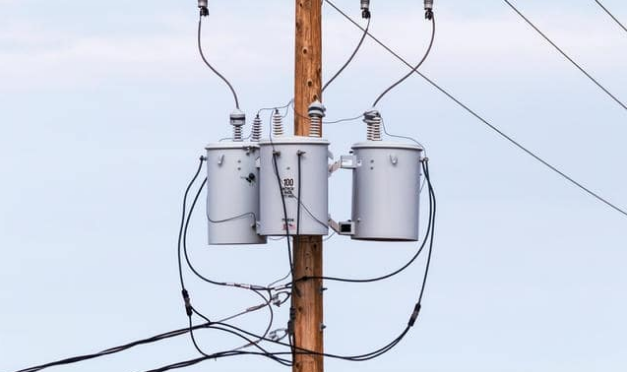
A pristine workspace is not merely a matter of aesthetics; it is a cornerstone of productivity, health, and overall employee satisfaction. When embarking on the task of maintaining an office environment, one must consider various facets, ranging from daily upkeep to deep cleaning practices.
The Importance of Office Cleaning
A pristine workspace is not merely a matter of aesthetics; it is a cornerstone of productivity, health, and overall employee satisfaction. When embarking on the task of maintaining an office environment, one must consider various facets, ranging from daily upkeep to deep cleaning practices.
Daily Cleaning Practices
The daily regimen of office cleaning involves meticulous attention to surfaces, waste disposal, and common areas. Begin your day by ensuring that all workstations are free from clutter. Desks should be wiped down with disinfectant wipes to prevent the spread of germs.
In high-traffic areas such as kitchens and break rooms, it is imperative to clean countertops, sinks, and appliances regularly. These areas can quickly become breeding grounds for bacteria if neglected. Ensure that the refrigerator is organised and that expired items are promptly disposed of.
Restrooms require daily cleaning with a focus on high-touch surfaces such as door handles, taps, and toilet seats. Maintaining a stock of essential supplies like soap, hand sanitiser, and paper towels is equally critical.
Weekly and Monthly Tasks
Beyond the daily routine, a thorough cleaning schedule must include weekly and monthly tasks to maintain a hygienic environment. Weekly tasks should include vacuuming carpets, mopping hard floors, and dusting all surfaces, including those that are often overlooked, such as light fixtures and air vents.
Monthly deep cleaning should encompass areas that accumulate dust and grime over time. This includes cleaning windows, wiping down walls, and ensuring that office furniture is cleaned and conditioned. Carpets should be professionally cleaned to remove embedded dirt and allergens.
Specialised Cleaning Areas
Certain areas of an office require specialised cleaning protocols due to their unique functions. For instance, IT equipment such as computers, keyboards, and phones should be cleaned with appropriate materials to avoid damage.
Conference rooms and meeting spaces should be inspected regularly to ensure they are ready for use. This includes checking that all electronic equipment is functioning properly and that the space is free from dust and debris.[Additionally, it’s essential to ensure that HVAC systems in these spaces are running efficiently and well-maintained, and if any issues arise, timely HVAC repair should be scheduled to prevent poor ventilation or airflow that could affect comfort during meetings for both employees and visitors.
Health and Safety Considerations
Maintaining a clean office is not solely about appearance; it is also about ensuring the health and safety of employees. Regular cleaning reduces the likelihood of illness spreading among staff, leading to fewer sick days and increased productivity.
Use cleaning products that are effective against a wide range of pathogens but are also safe for the office environment. This includes using eco-friendly products that minimise exposure to harmful chemicals.
Furthermore, proper training for cleaning staff is crucial. They should be well-versed in the latest cleaning techniques and safety protocols to prevent accidents and ensure thorough cleaning.
Choosing a Professional Cleaning Service
While in-house cleaning can manage daily tasks, hiring a professional cleaning service ensures that the office remains spotless and hygienic. Professional cleaners bring expertise, specialised equipment, and a level of thoroughness that is hard to achieve with an internal team.
When selecting a cleaning service, consider their reputation, range of services, and flexibility. A reliable cleaning service should be able to customise its offerings to fit the specific needs of your office environment.
Conclusion
Remember, the key to a productive and healthy workspace lies in regular and thorough cleaning. Trust in the process to maintain the integrity of your office environment, ensuring a pristine and safe space for everyone.






